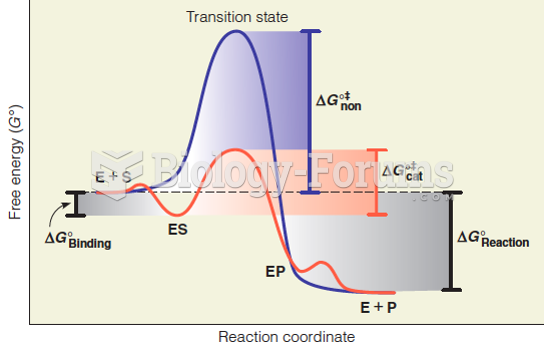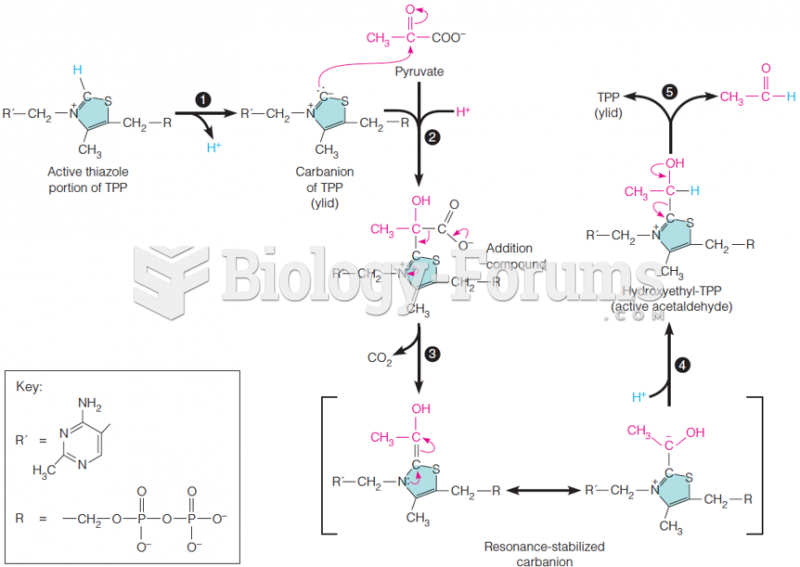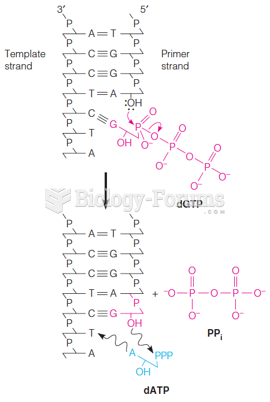|
|
|
Elderly adults are living longer, and causes of death are shifting. At the same time, autopsy rates are at or near their lowest in history.
The most common treatment options for addiction include psychotherapy, support groups, and individual counseling.
A seasonal flu vaccine is the best way to reduce the chances you will get seasonal influenza and spread it to others.
Hypertension is a silent killer because it is deadly and has no significant early symptoms. The danger from hypertension is the extra load on the heart, which can lead to hypertensive heart disease and kidney damage. This occurs without any major symptoms until the high blood pressure becomes extreme. Regular blood pressure checks are an important method of catching hypertension before it can kill you.
Blood in the urine can be a sign of a kidney stone, glomerulonephritis, or other kidney problems.







